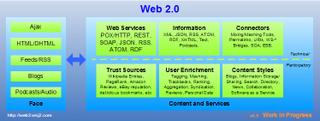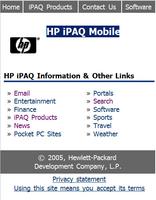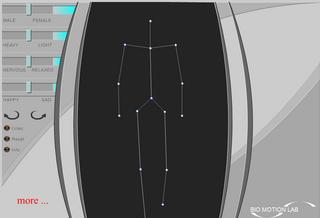The National Aviary



Let's start with the
National Aviary where the birds fly right in you face. Cormorants, parrots, and even birds with a moustache.


See the bird with a moustache. The information plates neatly explain everything you see.





More sky views from the Aviary. There are tropical birds with impossibly vivid colors. And you are not the only one that is curious... A little bit of practical information: the National Aviary is very close to the highway and it has free parking. The gift shop is fabulous - they have baby owl toys that you just can resist to buy especially if you visit with kids. Can you imagine that the Aviary receives a shipment of 50,000 insects every week?
The City of Many Bridges
 Pittsburgh
Pittsburgh downtown has at least twenty bridges, most of them painted in yellow. You can not go anywhere without passing over a bride at least twice. See the giant wheel of a river boat in front of the bridge.
Pittsburgh has more bridges than any other city in the world: over 2,000 bridges dot the landscape of Allegheny County, while Venice, according to the Lonely Planet travel guide, only has 409 (
Wikipedia)
Point Park and the Fountain


Now let's go to the
Point Park on the other side of the river. You can see the fountain in the right corner of the picture. See the diagram of the golden triangle with the two rivers and the Point Park in the middle. This is the place of the historic Fort Duquesne. The famous Duquesne Incline (a mini mountain) is on the other bank of the river.
Point Park is at the meeting of 3 rivers. The Monongahela River and the Allegheny River merge to give the beginning of the Ohio River, which flows to the Mississippi River and reaches the Gulf of Mexico by New Orleans, Louisiana.




This is a view of the fountain in Point Park. The Carnegie Science Center is seen on the other bank of the Ohio river. If you are facing the fountain, the Duquesne incline will be on your left, and the Science Center and the Steelers stadium on your right. See the fountain through the mist, there is even a rainbow.




This is one of the bridges seen through the fountain. Have another look at the left bank of the river with the Duquesne incline, and the right bank with the Science Center and the stadium.
The Fort Pitt




The
Fort Pitt museum is just at the entrance of Point Park. There is a parking lot right next to the park ($6 all day).





Fort Pitt Blockhouse and other remnants of Fort Pitt
Duquesne Incline



The view from the
Duquesne Incline is amazing and it is well worth it the ride in the wooden cart from the beginning of the century. There is a free parking lot at the lower station of the Incline, just next to the Station Square. See how the miners felt going to work every day. The two carts pass next to each other on the way up and down the incline. This is a view of the Golden Triangle (Pittsburgh downtown) from inside the cart.
One of The Best Views in the World




And this is, without doubt, one of the best views in the world... See the small red tourist boat passing next to the Point Park fountain. The Ohio river is a hard working river, see that huge commercial barge pushed by the small white boat. Let's have a look at the Steelers stadium on the other bank of the river and take a ride down to the parking lot. It is time to go back to Cleveland.
References:
Things to do in Pittsburgh - Yahoo Travel. Check the user reviews.
Pittsburgh -
WikipediaPittsburgh -
WikitravelPittsburgh - LonelyPlanet.com
Pittsburgh - 10best.com


































































